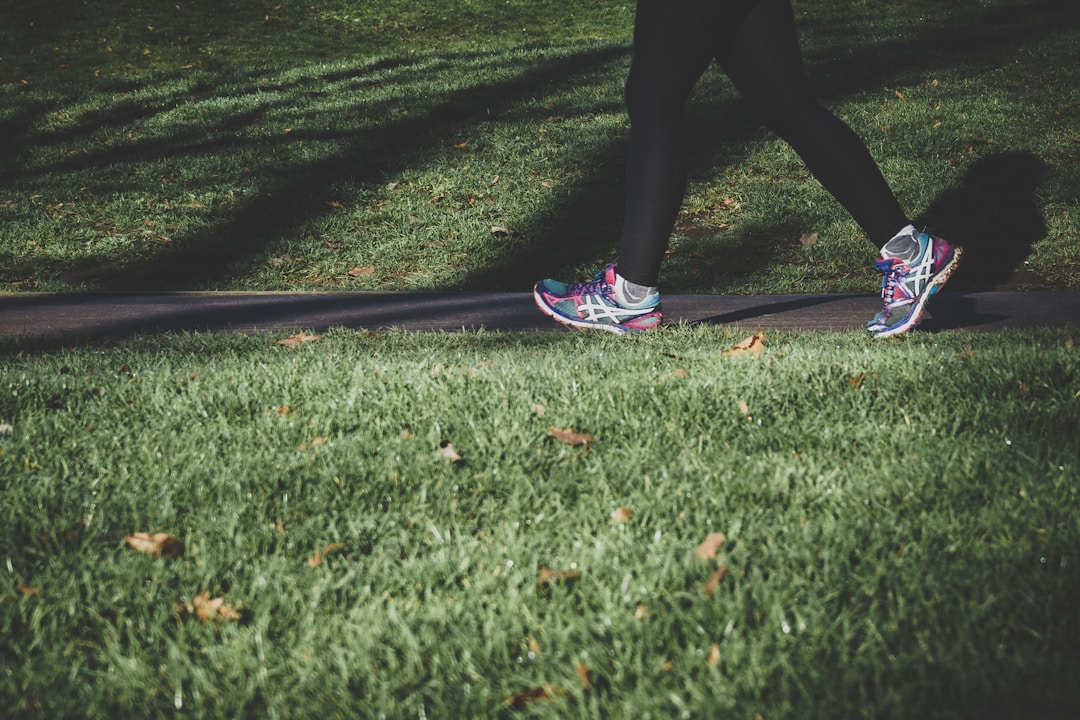Maintaining your health can become more challenging as you age. Daily habits promoting well-being are key to preventing chronic diseases and ensuring a high quality of life. Keep reading to discover how to optimize your well-being with practical steps to follow for golden years.
A Balanced Diet for Enhanced Health
One of the pillars of maintaining good health in senior age is a well-rounded diet rich in nutrients essential for maintaining bodily functions. As metabolism slows down, focusing on nutrient-dense foods like fruits, vegetables, whole grains, and lean proteins becomes even more important. These choices help support energy levels and prevent nutritional deficiencies common in older adults.
Dental health is paramount for seniors as it directly affects their eating habits. For people with missing teeth, it can be difficult to chew, so exploring options like dental implants in Santa Clarita or your area can help maintain a balanced diet by allowing them to eat varied and wholesome food. Consult dental health professionals who will offer personalized advice and solutions tailored to your needs.
Hydration also plays a vital role, as water intake can often be overlooked, leading to dehydration-related complications. It’s recommended that seniors monitor their fluid intake and include beverages and foods with high water content to meet their hydration needs.
Mental Health and Cognitive Abilities
Mental fitness is just as important as physical fitness for seniors. Keeping the mind active can ward off cognitive decline and foster a sense of purpose and connection. Engaging in activities that challenge the brain, such as puzzles, reading, and learning new skills, can stimulate mental faculties and maintain cognitive sharpness.
Social interaction is a key ingredient in mental well-being. Regular conversations and community engagement help to preserve language skills and emotional health. Connections with friends and family, or joining group activities can provide a stimulating social environment that supports cognitive function.
The ability to hear well is another important aspect that directly influences the social aspect. When dealing with hearing loss, which can affect cognitive abilities, exploring resources like audiologists.org for hearing aid options and supportive care is imperative. Addressing hearing issues proactively can significantly improve quality of life and support cognitive health.
Regular Physical Activity To Age Like Fine Wine
Physical activity is a cornerstone of a healthy lifestyle, particularly in the later stages of life. Regular exercise helps maintain muscle strength, flexibility, and balance, all vital for independence and injury prevention. Additionally, physical activity has been linked to improved mood and brain health.
Choosing the right exercise regimen can vary from person to person. Seniors are encouraged to incorporate a mix of cardiovascular exercises, strength training, flexibility, and balance activities. Moderate activities such as walking, swimming, or yoga can provide immense benefits without overstressing the body.
For people with mobility constraints, modified exercises and adaptive fitness programs are available to facilitate movement without undue strain. It’s important to consult with healthcare professionals before starting a new exercise program, especially if there are existing health concerns.
Health Screenings and Preventative Measures
To maintain peak health, you should prioritize regular check-ups and screenings. These evaluations are crucial for catching potential health issues early when they are most treatable. Regular monitoring of blood pressure, cholesterol levels, and other vital signs can contribute to disease prevention and the management of existing conditions.
In addition to standard screenings, it’s important to be up to date with vaccinations. These preventative measures are central to safeguarding against infections and illnesses that can have a more profound impact on older adults. Seniors with chronic conditions must be vigilant about following their healthcare providers’ recommendations to manage their health effectively. For women, mammograms, and bone density scans are critical. Likewise, men should prioritize prostate exams and other tailored screenings.
Embracing technology can also help bridge the gap between loved ones who might not be geographically close. Learning how to video chat, join family group chats, or share photos online can keep seniors connected to their network of support and be up to date with their family’s lives.
In conclusion, an integrated approach to health that encompasses regular physical activity, mental exercise, a balanced diet, and proactive health screenings will lead to a joyous and fruitful chapter in life. With the appropriate strategies and resources, seniors can take control of their health, leading to longer, more enriching lives.



